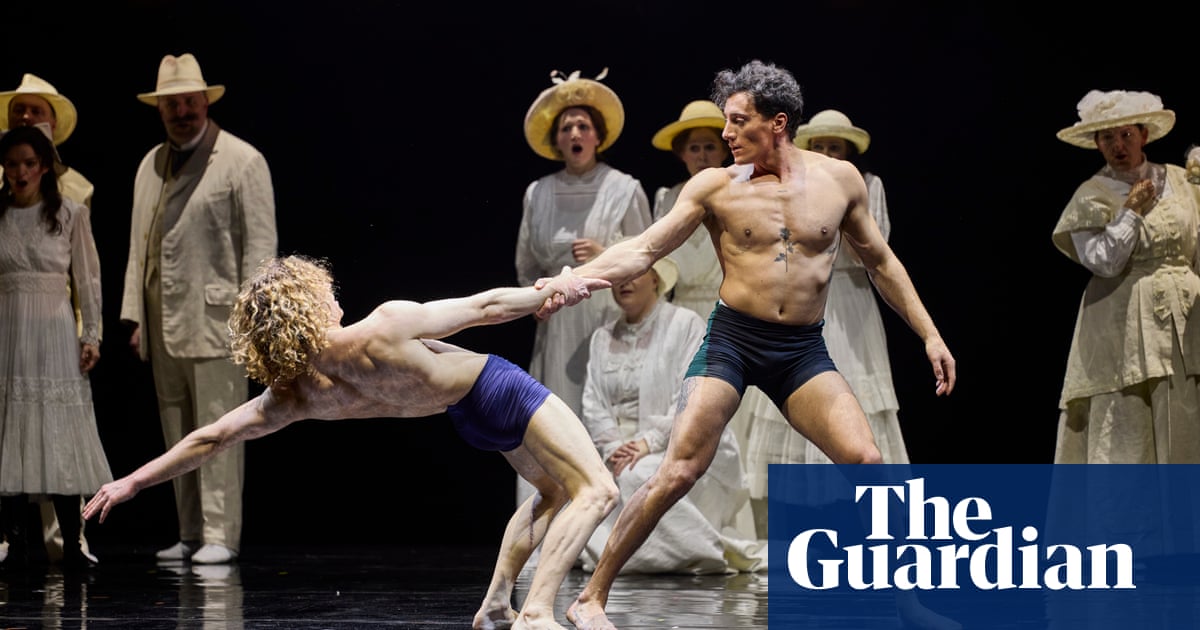It is known as the land of song and as one of the world’s most passionate sporting nations.
But a report has concluded that despite its proud heritage, Wales is languishing behind almost all other European countries in terms of spending on recreational, sporting and cultural services.
The report from the cross-party Welsh parliament’s culture and sports committee found that Wales is third from bottom in government funding for recreation and sport, ahead of Poland and Latvia. For culture, Wales only outspent Greece.
Iceland and Luxembourg were the biggest spenders in the two categories, while the UK as a whole – England, Scotland, Northern Ireland and Wales – was fifth from bottom in both.
According to the report, the Welsh government spends £59.75 for each person a year on recreation and sport, compared with the UK’s £66.18, Iceland’s £978.51 and Luxembourg’s £483.46.
Wales invests £69.68 per capita in cultural services and the UK £91.12. Iceland invests £691.60, Luxembourg £500.90.
The report calls for action and increased funding from the Labour-led Welsh government and for more recognition that investing in culture and sport can provide value for money by improving physical and mental wellbeing.
Delyth Jewell, the chair of the Senedd committee, said: “For too long, culture and sport have been treated as ‘nice to haves’, facing relentless funding reductions that have left these sectors brittle and under-resourced. We must tackle this.
“Culture and sport are vital threads in the fabric of what makes life worth living. Without significant changes, Wales risks being left behind in cultural and sporting achievements, endangering our national character and the wellbeing of our communities.”
The report, published on Thursday, said there had been a 17% real-terms reduction in revenue funding for culture and sport between 2014-15 and 2024-25.
During an inquiry, dozens of sporting and cultural bodies, national and grassroots, expressed concerns to the committee. Welsh National Opera, for example, said it had found savings that meant it could “survive the next two years”, but described its future as “incredibly perilous”.
The Books Council of Wales said fewer Welsh-language books were being published as a result of cuts. It said this was “counterintuitive” given the Welsh government’s aspiration of having a million Welsh speakers by 2050.
Sport Wales said a £2.5m cut to its budget in 2024-25 was “a false economy”, estimating that the reduction led to a loss of £11.1m of social return.
after newsletter promotion
The Football Association of Wales said more than 40% of matches were postponed by weather in some winter months and across Wales only 21% of pitches are rated as “good”.
The report stresses that it is often the poorest communities that suffer most when opportunities in sport and culture are lost.
Miranda Ballin from Valleys Kids, a charity that supports people in Rhondda Cynon Taf, said areas such as the south Wales valleys had been devastated by the cost of living crisis.
She said: “For many of our young people and older adults they describe their involvement in the arts as a lifeline. Being part of the arts gives people a creative voice at a time when it’s most needed. We can’t afford to lose that now.”
A Welsh government spokesperson said it would consider the committee’s report and respond to its recommendations.
The spokesperson said: “We have had to take very difficult decisions to protect frontline services following years of difficult funding settlements from the UK government. The latest UK government settlement has provided an opportunity for us to allocate increased funding for our vital cultural, arts and sporting institutions in the draft 2025-26 budget.”

